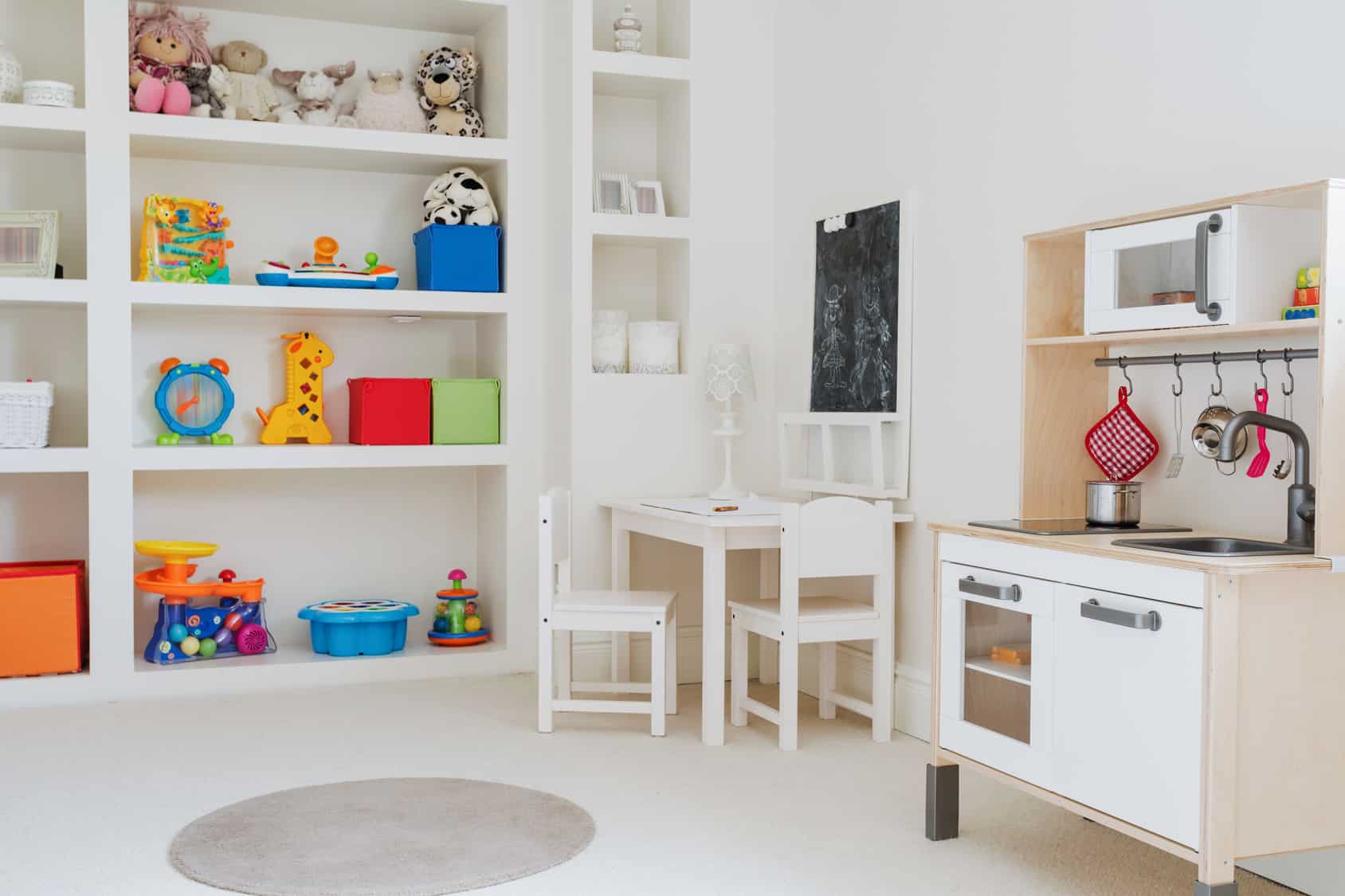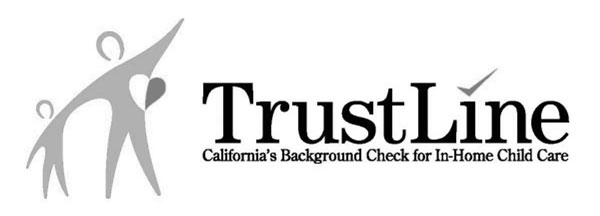Your home is a busy place and hiring reliable and trustworthy staff helps keep things running smoothly. Whether you rely on a personal or family assistant to manage the daily innerworkings of your small business or family life, a housekeeper to keep your space organized and clean, or a nanny to provide compassionate care for your children, when sickness strikes, it can throw your routine off.
Winter flu season is here, so it’s important to know how to plan for potential sick days with your household staff. Here are some best practices to keep in mind.
Best Practices for Staff Sick Days
Know what laws are in place.
Sick days are not federally required; however, many states have specific laws that indicate how many sick days employees get. The sick days could be paid or unpaid, but keep in mind that offering some paid days can be a real benefit to potential employees.
Quality benefits attract and retain qualified candidates and ensure they feel respected and well cared for.
Consider the details.
Have back up plans in place long before your household employee calls in sick. For example, if you rely on your nanny everyday for childcare, have someone that could stand in at the last minute to help with the children – such as a neighbor, family member, or another parent you know.
If that isn’t an option, do some research ahead of time for a nanny or other daycare provider that offers drop-in childcare service. If you have plan B set in the event of a sick day, it can ease some stress.
Don’t guilt trip the employee or cause additional pressure.
If you have a reliable employee, chances are, they won’t call in sick unless it’s necessary. They know that you rely on them and that their absence could be taxing, so if they do give notice that they’re ill, don’t pressure them to work anyway or make them feel bad about not being there.
This type of attitude could create resentment, and they may feel frustrated or taken advantage of. Do your best to treat them with kindness and respect, showing genuine concern for their wellbeing.
Be flexible.
Flexibility is key on days like this. So, review what’s on the day’s schedule and cancel what isn’t critical. For example, reschedule non-urgent appointments, jump in to help with what you can, and ask for help from other family members or staff in the home.
Staying flexible and eliminating non-essentials can help make it easier on everyone who is working to step in to fill the employee’s time off.
Think about offering health insurance.
Household employers often choose to provide health care coverage for their employees. This might be full coverage of an insurance plan, or a partial monthly reimbursement for plan costs. Keep in mind that health insurance benefits require special reporting on tax forms.
Offering health care benefits to your employees ensures that they have access to medical professionals if they are sick. In turn, this means they can get healthier faster and will be back to work in a shorter amount of time. In addition, it shows that you prioritize their health – physically and mentally.
Get Started Today
Did you know that our team at Household Staffing has placed experienced household employees in homes around the United States for nearly three decades?
Whether you’re looking for an experienced nanny, a detail-oriented estate manager to oversee your multiple properties around the country, or you need a live-in housekeeper to help keep your space clean and organized, we have qualified candidates for you to meet.
Call us today to learn about the various types of employees we can place and to start the hiring process.







